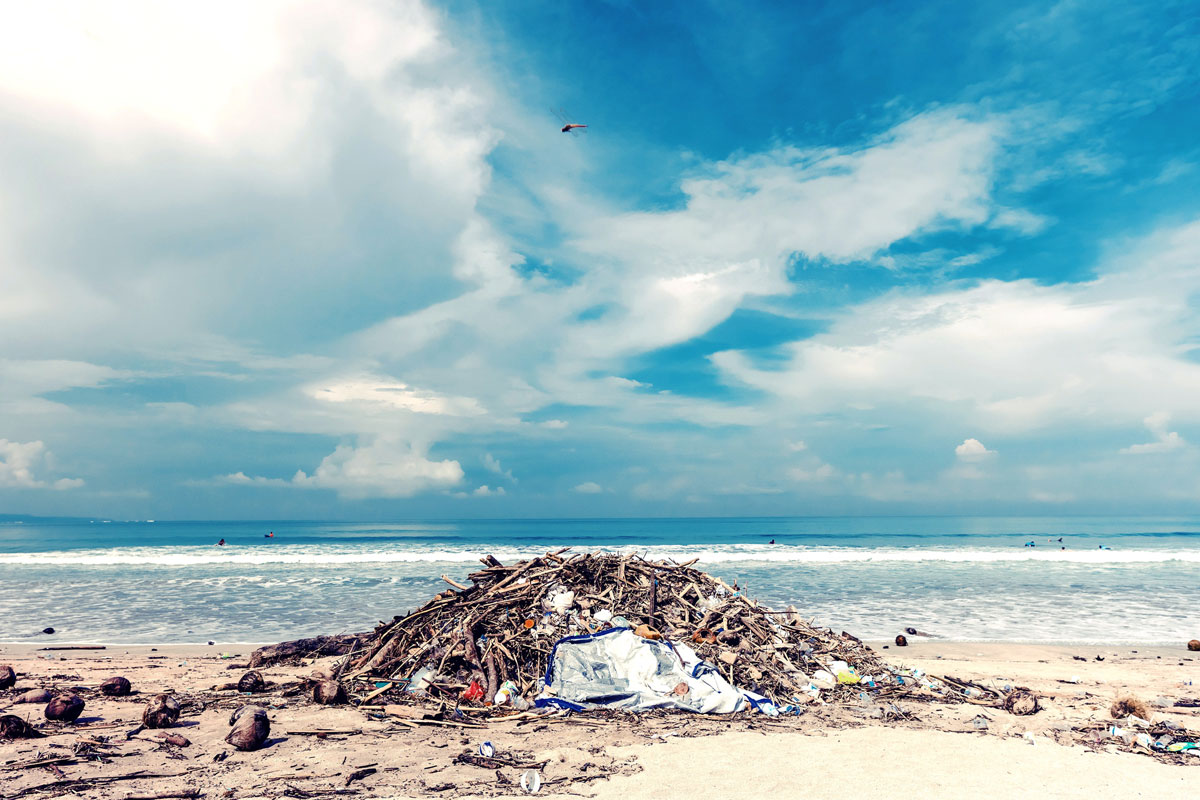Sustain • London Food Link • Articles
Top of the swops
Ahead of this year's World Fisheries Day, Ruth Westcott gives us her recommendations for the top swops we can make to buy better fish.

In case it has passed you by, Netflix recently released the Seaspiracy documentary. It shows some of the disastrous environmental and social consequences of industrial fishing, and the threats faced by our marine life. The film’s key message is that the damage to the oceans from plastic pollution – a headline-grabbing issue in recent years – is dwarfed by the harm from industrial fishing. The film recommends we stop eating fish altogether.
Here at the ‘Eel, we’ve always championed a less-but-better approach to eating meat, fish and dairy. The environmental impacts associated with animal proteins in comparison to plant proteins means they should be eaten rarely. However, not all animal protein is created equal. Just as organic farming can rebuild soil carbon and biodiversity on land, some practices for farming and catching fish are small-scale, low by-catch, with minimal impact on the marine environment.
OPTIONS FOR BUYING FISH BETTER
SWOP Cod for coley, pollock, hake or haddock
UK-caught cod is on the Marine Conservation Society’s list of fish to avoid – stocks are thought to be at their lowest for decades. Look out for cod from further afield, with the MSC ecolabel or choose coley, pollock, hake or haddock from around our shores.
SWOP Farmed salmon for chalk stream trout or brown crab
Salmon is farmed in lochs across Scotland, Northern Ireland and Norway. Concerns are growing about pollution, the wastefulness of vast quantities of wild-caught fish used to feed farmed fish, and outbreaks of disease.
Rainbow trout from the UK is farmed in much less intensive systems. Brown crab from the UK is also a great choice – high in omega three, like trout.
SWOP King prawns for pot-caught langoustines, or other UK shellfish like mussels
King prawns are mainly farmed in Indonesia, Thailand and Vietnam. Not only are they associated with mangrove deforestation and pollution, but slavery in supply chains. Luckily, there is an abundance of UK-caught shellfish to swop, including creel or pot-caught langoustines or mussels. Mussels are one of the most sustainable foods you can buy, because they filter and fix pollutants and carbon in their shells. Nature’s carbon capture!
SWOP Skate or ray for dover sole, dab or megrim
Skate and ray are the only UK-landed fish to avoid on this list – some populations are so low they are considered ‘fish to avoid’ by the Marine Conservation Society. Flat fish like dover sole, dab and megrim make a great alternative (and are normally cheaper!), but check the fish is not caught by beam trawlers (which impact seafloor habitats).
SWOP Tuna for mackerel or sardines
Tuna is incredibly popular in the UK, but global populations are in trouble and only a few stocks are well managed (look for the MSC or ‘pole and line’ label). Try mackerel or sardines instead.
WHERE TO BUY
Buying direct is great, as well as using independent businesses supporting fishing communities such as SoleShare (London) or Pesky Fish.
Find more places to shop at: www.goodfoodmap.org
Keen to make more sustainable swaps? Try out this Sustainable Fish Pie recipe
First published in the Jellied Eel Print Magazine: Edition 63
Published Thursday 17 June 2021
London Food Link: London Food Link brings together community food enterprises and projects that are working to make good food accessible to everyone in London to help create a healthy, sustainable and ethical food system for all.